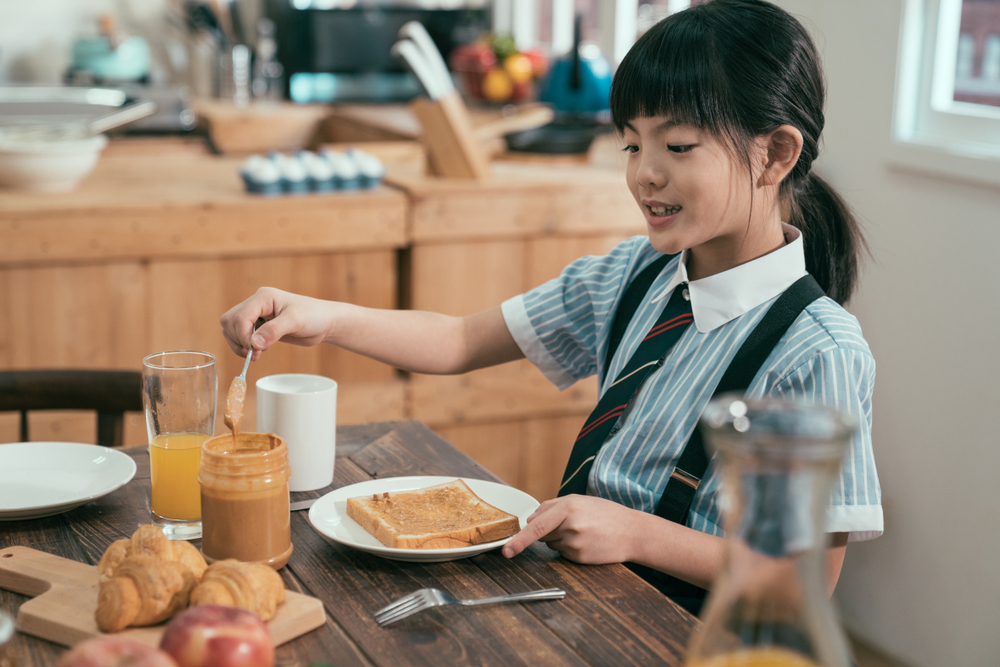Written By: Founder of Kat-Spirit Nutrition Centre
Senior Nutritionist Ng Yiu Fun
The school year has started, did the children have breakfast before school? Many children have different reasons for not eating breakfast, but parents should pay attention to the fact that breakfast has a great impact on the growth of children!
Earlier, a study by the Chinese University of Hong Kong showed that breakfast has a significant impact on the academic performance of students. Students who have the habit of eating breakfast every day, test scores are more than 5 points higher than the average student who did not eat breakfast. Why does breakfast make us smarter?
Because the brain needs blood sugar for nutrient absorption and consumption, but when our body sleeps all night without food, the body has consumed our blood sugar for the whole day. Therefore, we need to eat breakfast to replenish blood sugar, so that our response becomes faster. Parents may ask, “What is the best breakfast for children?
What breakfast can “wake up our brain and morning”?
1. Starchy food
This includes porridge, flour, noodles, rice, bread and biscuits, so we can eat a sandwich, a bowl of macaroni or rice flour as well; even drinking milk, eating oatmeal or corn flakes is fine





